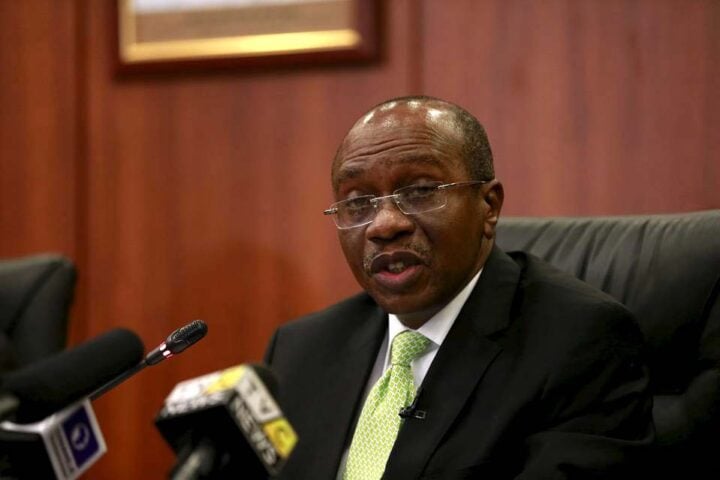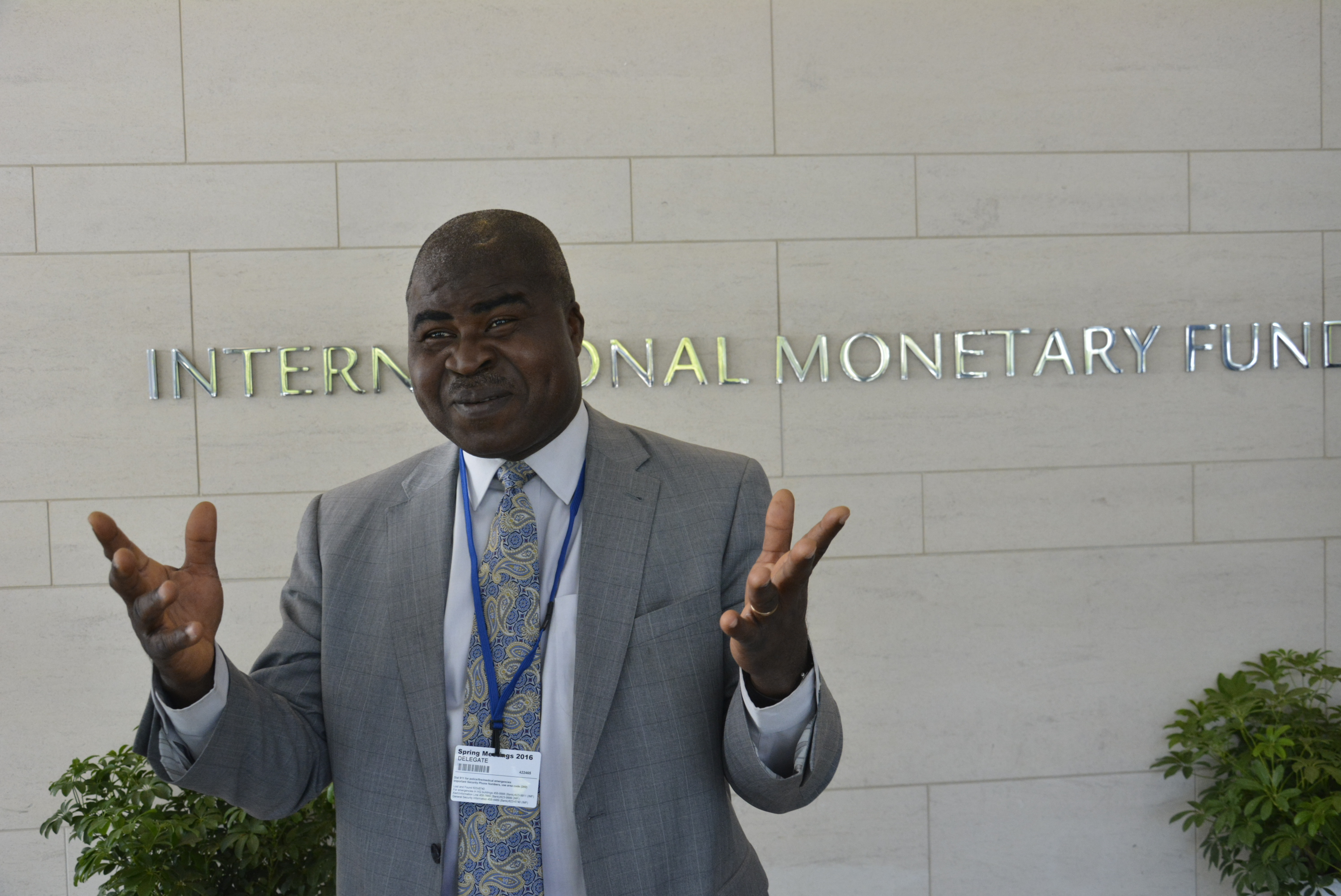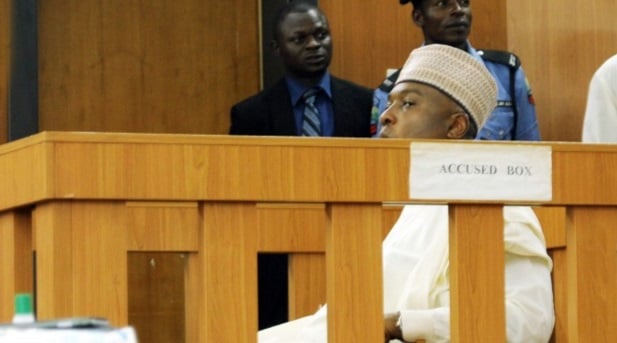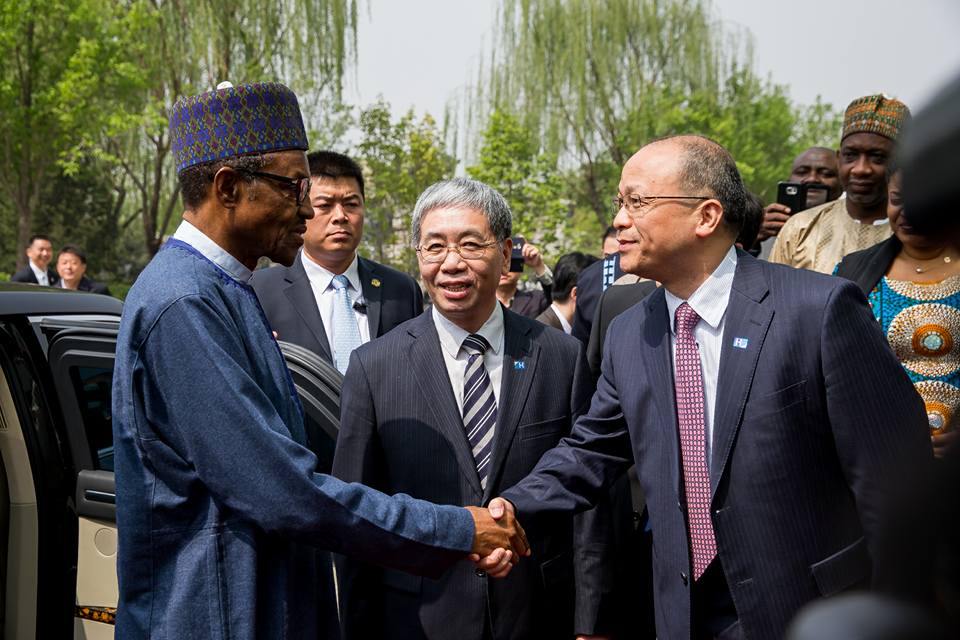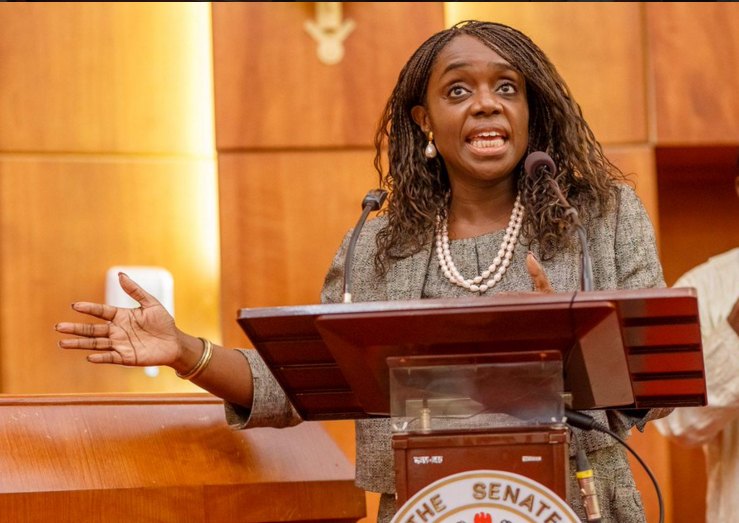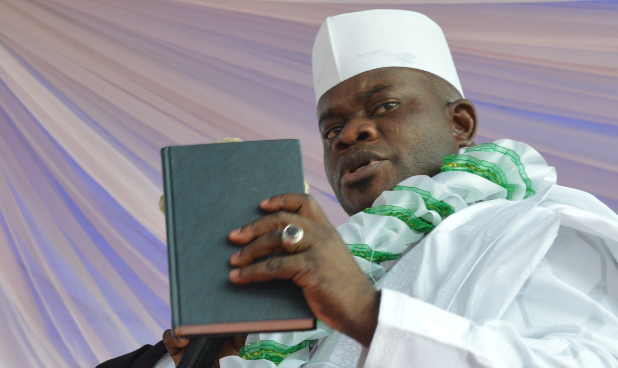Watch out all you dollar hoarders: the Chinese yuan is coming for you. Many financial analysts think the dollar under your pillow may soon be worth less than the rate at which you bought it. They think you run the risk of vomiting most of what you have swallowed since the forex crisis started. With the yuan going to be directly available to Nigerians — effectively eliminating the “middleman” called dollar — it is safe to say the Central Bank of Nigeria (CBN) has made a bold move in its controversial management of the exchange rate crisis, a move that some analysts believe may ease the demand pressure on the dollar, even if the gains would only be marginal.
For those who may still be in the dark, the news is that Nigeria and China have agreed in principle to a yuan swap. In simple English, it means Nigerians and Chinese would not need the dollar when they do international business with each other. Yuan will now be directly used. Currently, a Nigerian importer needs to buy dollars from the bank (or black market) in order to pay for Chinese goods and services, which are priced in dollars. This automatically puts pressure on the exchange rate. The dollar is then converted to yuan. In between, conversion charges are incurred. Now Chinese exports to Nigeria will be priced in yuan. That is the deal.
Why does a yuan swap matter? Good question. China is the biggest exporter to Nigeria — to the tune of over $14 billion yearly. Therefore, we can say the demand for dollar will drop by at least $14 billion when we do the swap deal. Mr. Godwin Emefiele, the CBN governor, will certainly sleep better if $14 billion can be struck off the FX demand list. That also means the naira may begin to lose less energy against the dollar. Many economists and experts still find it unpardonable that the government of President Muhammadu Buhari has refused to officially devalue the naira, and the jury is still out on the resort to unorthodox measures to “protect” the national currency.
Lest I forget, no deal has been signed yet. There are, thus, no details to discuss. By the time the CBN puts pen to paper with the People’s Bank of China (PBOC), we will get to know how much is involved in the swap, how long the deal will last and what the exchange rate will be. The good news is that unlike many currencies, the exchange rate of yuan is not tied directly to the dollar. Rather, it is determined by a basket of currencies, even though the dollar is still a key determinant. There is a reference rate used by PBOC to attain “parity” — but we all know that the yuan is undervalued for economic reasons. Nigerians could, therefore, expect to buy a cheaper yuan.
Advertisement
Before we celebrate too much, there are possible downsides. The CBN must look at the details with a fine toothcomb, because the devil could be in the details. More importantly, Buhari must show the “political will” to protect Nigeria’s interest. He has said the right things — by insisting that Nigeria will not become a dumping ground for Chinese exports, and that the Chinese should come and establish factories in Nigeria. This is beautiful. The next thing is action. We have heard a lot of that rhetoric in the past but a lack of will means we do not follow through. The Chinese could end up enjoying all the benefits while we come out empty-handed.
The first danger is that a cheaper yuan means our imports from China may increase astronomically. The swap would offer a massive incentive to patronise made in China more than we have ever done. The implication is that the “Buy Nigeria” campaign will become a waste of time and energy. If I know my country very well, we may start taking advantage of the yuan deal to import water and suya from China without a care in the world about the damage it would do to our local industry. One of the stated reasons for the current FX regime is to encourage local industry — but if we don’t manage this swap deal well, we could end up shooting ourselves in the foot.
In my experience, to sign deals with the Chinese is the smallest problem. It is the implementation that always hurts us: the Chinese always derive the maximum benefits while Nigerians just look on like a figurine. Six years ago, we signed a deal with them to build three green field refineries in Lagos, Kogi and Bayelsa. Can someone remind me if the refineries have started production? In truth, the fields are still green! Six years in the life of a country! If the deal had been treated with seriousness by the Nigerian government, we would not be needing to import fuel today, and that is 40% off the demand for forex in the name of fuel importation. No wonder the naira is snookered.
Advertisement
Buhari returned from China with a lot of good news following a series of agreements to build infrastructure valued at $6 billion. This is fantastic. Absolutely fantastic. But we have seen all this euphoria before. Presidents Olusegun Obasanjo and Goodluck Jonathan signed all kinds of agreements with the Chinese and the Koreans to build infrastructure, including rail lines, and we were to give them oil licences as incentives, but can anybody remind me of the outcome again? It is either there was no political will or there was no seriousness — or perhaps the Nigerian factor rendered most of the agreements worthless. Buhari must deliberately buck the trend.
Another thing we have to be very careful with is the standard of Chinese products that will be coming to Nigeria. The Chinese can produce any quality you want. They can produce the highest quality obtainable anywhere in the world — as well as the lowest. Their exports to Nigeria need to be properly monitored. Unfortunately, Nigerian institutions at the borders are very weak, and we may not expect the best of scrutiny from them. We may end up injuring ourselves. We cannot afford to open ourselves too much to anything made in China. We cannot afford to lower the barrier to Chinese products simply because they are offering us huge loans.
Of course, we also have to watch closely that we do not begin to import labour from China. There is massive unemployment in Nigeria. All these projects should offer job opportunities to Nigerians, as well as an opportunity for transfer of knowledge to our engineers and project managers. If I know the Chinese very well, they may even want to bring clerks and gardeners from their country. After all, they are providing the money and they can easily hoodwink us into accepting whatever conditions they put forward. These are the details that must be closely monitored by the Nigerian government as we celebrate our new romance with the Asian giants.
One more thing and I’m done: the working conditions of Nigerian workers in the employ of Chinese companies must be watched. Chinese companies operating in Nigeria are notorious for dehumanising their workers, treating them as no better than slaves. Now that we have opened our doors wider to them, we must mark them tightly so that we do not gain something on the one hand and lose it on the other. We are desperate for foreign investments and we can easily fall victim to base labour practices with our eyes wide open. The Chinese are not the best employers of labour in the world, but we can enforce our labour laws without favour.
Advertisement
Back to the question: is the yuan swap deal sublime or ridiculous? I think it could be a masterstroke, depending on the seriousness with which we pursue it and the attention we pay to the details. Nigeria is the biggest economy in Africa and the Chinese now have a jewel in their crown in their bid to be the biggest global political bloc. The CBN can take advantage to ease the forex crisis (and any reprieve will do). Buhari can seize this opportunity to implement an infrastructural revolution which is what we frantically need to grow this economy. We must also make sure these deals are mutually beneficial. We must never repeat past mistakes.
AND FOUR OTHER THINGS…
CHIBOK GIRLS
After two years of theorising and speculating on the whereabouts of the Chibok girls, we now have evidence that could substantially disprove some of our assumptions. There is a high possibility that all the girls are still alive, even if we were only shown 15 out of 219. What next? I think the federal government should step up efforts to get them out of captivity. This is not the time to be making media noises and threats. We must not play politics over this. By and large, I’m less sceptical about their eventual return than I used to be. Positive.
TELEGRAPH TALE
Advertisement
Having been practising journalism for over two decades, even if I do other businesses, I make bold to say that the quality of the article in the UK Telegraph — alleging that President Buhari is using donor funds to prosecute political foes — is the lowest you will ever read in a professional newspaper. Telegraph could make the case that the anti-graft war does not extend to Buhari’s campaign financiers if they so wish, but it is too low to suggest EFCC needs any donor’s money to charge people to court or that no accused person has been charged so far. Fishy.
ABIA KILLINGS
Advertisement
The Department of State Services (DSS) shocked me to my bones with its public statement that members of the Indigenous People of Biafra (IPOB) killed and buried five Fulani in Abia state. I’m not even saying the claim is true or false, but does DSS know the security implications of that statement? What if there is reprisal in the north? And counter-reprisal in the south-east? Where and when would the carnage end? Would that not present serious challenges for our already overstretched security agencies? What is the motive of DSS? To compound the worsening ethno-religious tension in the land? Baffling.
FAITH ANDREWS
Advertisement
I was overjoyed on Tuesday when Professor Isaac Adewole, the minister of health, visited Faith Andrews, the little girl in need of kidney transplant, and promised to pay the medical bills. Faith’s poor, widowed mum is taking care of six children. Adewole also announced that there will soon be universal health coverage for Nigerians. That means the likes of Faith wouldn’t need public appeals to pay medical bills. This is heart-warming. Meanwhile, I’ve been informed that the Gwagwalada Teaching Hospital actually has two dialysis machines — one broke down and the other cannot be used for Faith out of professional considerations. Apologies.
Advertisement
Add a comment

